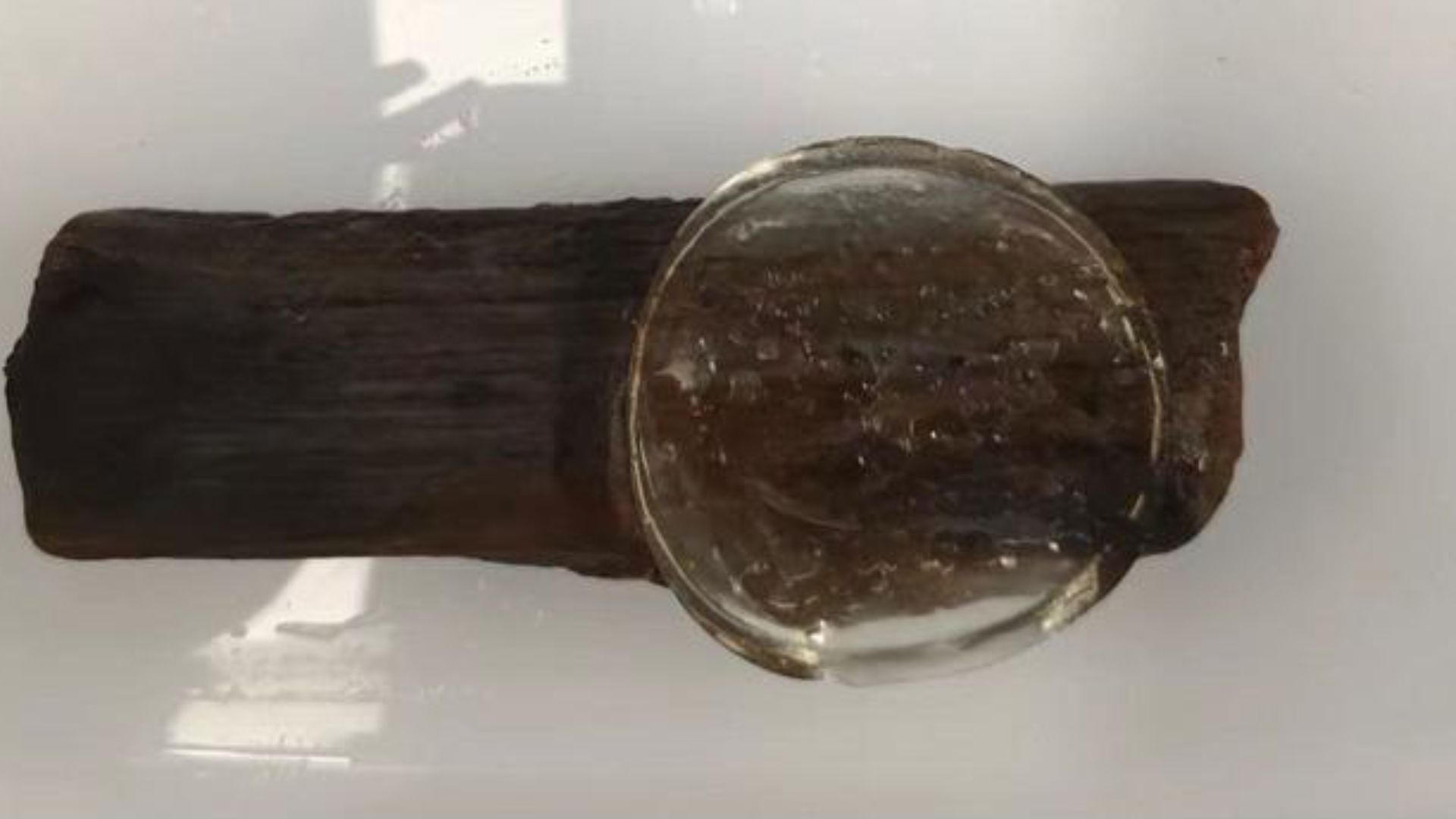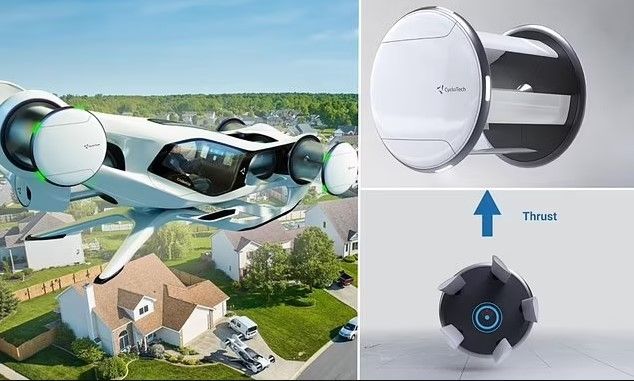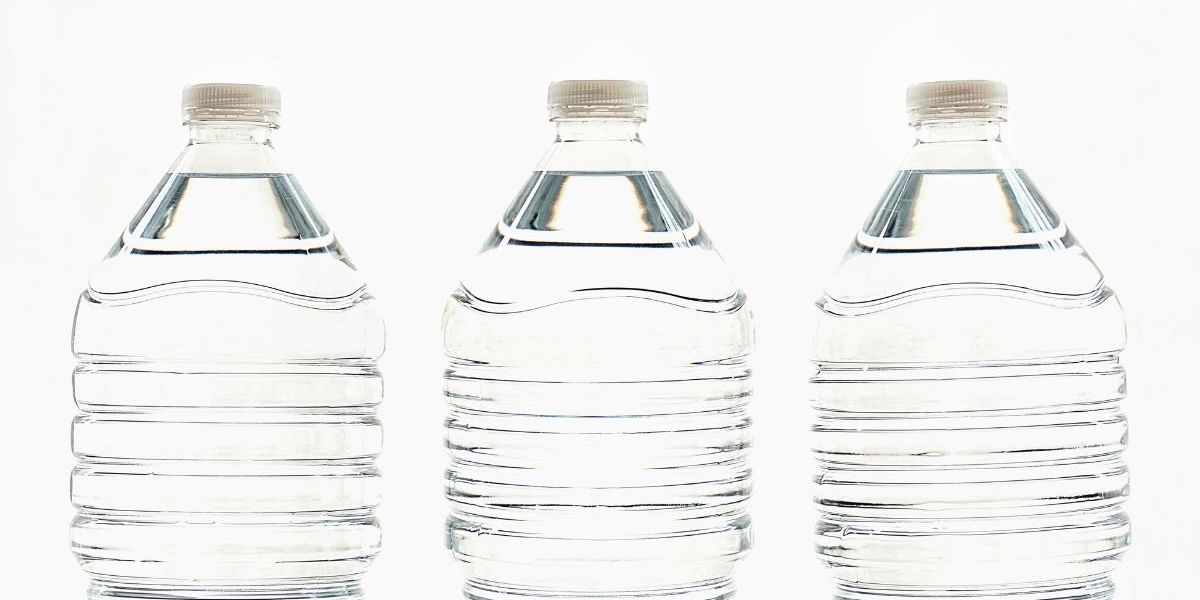- TECHSWU
- Posts
- TECHSWU
TECHSWU

A groundbreaking hydrogel technology developed by researchers in China is set to revolutionize the preservation of ancient shipwreck wood, offering a safer, faster alternative to traditional methods. This innovative gel, infused with potassium bicarbonate and silver nitrate, dissolves over time—eliminating the need for potentially harmful physical removal processes.
Tested on 800-year-old remnants from the Nanhai One shipwreck, the hydrogels effectively neutralized acids and maintained the wood’s integrity, preventing brittleness and warping. This breakthrough not only protects fragile artifacts but also preserves historical insights into our past.

The Department of Telecommunications (DoT) in India has issued an urgent warning to citizens about the rising threat of international fraud calls. With an emphasis on vigilance, the DoT highlights the danger of answering calls from unfamiliar international numbers, particularly those with suspicious country codes such as +77, +89, and +86.
These numbers are often linked to scams aimed at tricking individuals into revealing sensitive information or losing money. The DoT reassures the public that they do not make unsolicited calls, urging anyone receiving such calls to treat them with skepticism.
To combat this threat, citizens are encouraged to report suspicious calls through the government’s platform, Sancharsaathi.gov.
in, utilizing the Chakshu feature to help block these scam numbers.

Walmart is stepping up its commitment to accessibility by introducing the Aira app, designed specifically to assist visually impaired shoppers. This groundbreaking technology allows users to connect with a trained Aira agent via their smartphones, using a video feed to receive real-time guidance throughout the store.
Customers can request help finding products, navigating aisles, and completing their shopping with greater independence. Currently available at all Walmart locations, the Aira app aims to enhance the shopping experience for visually impaired individuals, empowering them to participate fully in their communities.
With this initiative, Walmart underscores the importance of inclusion and respect for all shoppers, ensuring everyone has the support they need to shop with dignity.


Texas law enforcement is stepping up its game with cutting-edge technology designed to bolster crime prevention and ensure officer safety. Departments like the Burnet Police are harnessing innovative tools such as drones, which not only enhance surveillance but also make pursuits safer, despite the challenges posed by Texas weather.
Another groundbreaking device gaining traction is the TruNarc, which utilizes laser technology to analyze substances and swiftly identify dangerous drugs, including fentanyl and methamphetamine. As criminals evolve their tactics, Texas police are committed to staying one step ahead.
With these advancements, officials are determined to uphold accountability and community safety.
:max_bytes(150000):strip_icc()/GettyImages-2186408708-4e4aaf42196f402ab5265774db722456.jpg)
President-elect Donald Trump's proposed tariff plan is raising eyebrows and concerns across the nation. With a hefty 25% tariff on imports from Mexico and Canada, plus an additional 10% on Chinese goods, experts warn that American consumers could soon face higher prices.
Economists suggest this could lead to an inflation spike, costing the average household up to $1,200 in purchasing power. Products particularly at risk of price hikes include consumer electronics—largely imported, apparel, and footwear, as well as cars, both gas and electric, due to tariffs affecting essential materials.
Even fresh produce could see rising costs, given that nearly half of all U.S.
imports come from Mexico. As retailers and economists voice their fears, the ripple effects of these tariffs could significantly impact everyday shoppers.

Get ready to elevate your listening experience with Neurable's groundbreaking MW75 Neuro headphones! Imagine headphones that not only deliver your favorite tunes but can also read your mind—well, that’s now a reality. CEO Ramses Alcaide introduces this innovative tech that utilizes EEG and AI to monitor your brain activity in real time, helping you pinpoint when you're most focused and when it's time for a well-deserved break.
These headphones don’t just enhance productivity; they can aid with mental health, learning, and even sleep optimization. Coupled with an intuitive app, users receive personalized insights and actionable recommendations tailored to their mental patterns.
While boasting a price tag of $699, the MW75 Neuro headphones promise a revolution in how we interact with technology and ourselves.

Meet the future of urban transport: the Blackbird, a revolutionary flying taxi developed by CycloTech in Austria! Inspired by the propellers of boats, this all-electric marvel boasts a unique propulsion system that allows it to rotate and maneuver in any direction seamlessly. Stretching 4.
9 meters long with a maximum take-off weight of 340 kilograms, the Blackbird can whisk two passengers through the air at impressive speeds of up to 120 kilometers per hour. Expected to take its maiden flight by the end of March 2024, this innovative vehicle promises an Uber-like experience for commuters, allowing them to bypass traffic on the ground and soar to their destinations instead.

A recent study by Columbia University has raised alarm bells about the presence of nanoplastics in bottled water. Using advanced technology, researchers discovered an average of 240,000 nanoplastic particles per liter across three popular bottled water brands—an astonishing increase from earlier findings in 2018.
These minuscule particles are small enough to infiltrate human cells, potentially posing health risks we are only beginning to understand. With many consumers turning to bottled water due to safety concerns surrounding tap water, these findings urge a reevaluation of our drinking choices.
The study also challenges our assumptions about bottled water’s purity, highlighting that not only can nanoplastics originate from the bottling process but may also carry harmful substances into our bodies. As scientists continue to investigate, this shocking discovery might just be the push we need to reconsider our drinking habits—with tap water appearing as a safer and more environmentally friendly option.